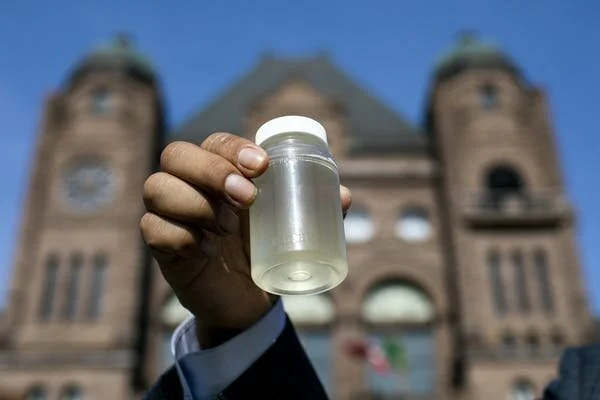“I think it is time for Indigenous leaders and communities to take a look at how much participation in resource extraction is too much and how to mitigate some of these things and push towards water conservation and other things we know will help to curb forest fires,” said Houle. A hot and dry spring has meant that there has been little precipitation to help firefighters battle the blazes.
A TALE OF THREE WATERSHEDS: WHAT WE KNOW — AND DON’T KNOW — ABOUT THE HEALTH OF CANADA’S FRESHWATER
Canada is famously home to 20 percent of the world’s freshwater — but how well are we stewarding this supply? WWF-Canada recently reassessed the health of our country’s 25 watersheds to better understand how they’re responding to threats from pollution, habitat loss and climate change. Our 2020 Watershed Reports found that 26 per cent of Canadas’s 167 sub-watersheds received a score of Good or Very Good, which is good or very good news! But what’s bad, or possibly very bad, is that nearly 60 per cent of these sub-watersheds received no score at all because they remain Data Deficient. In other words, we just don’t know. This lack of data is concerning as we need a complete picture to determine which areas need dedicated efforts to protect our freshwater ecosystems.
Water crisis in First Nations communities runs deeper than long-term drinking water advisories
In October, more than 250 members of the Neskantaga First Nation were evacuated to Thunder Bay after an oily sheen was found on their reservoir. The discovery left the community, located in northern Ontario, without access to running water. The evacuation drew attention to the federal government’s 2015 commitment to end all on reserve long-term drinking water advisories (in place for more than one year) by March 31, 2021. Neskantaga has been living under a boil-water advisory for 26 years.




